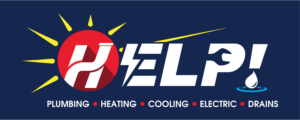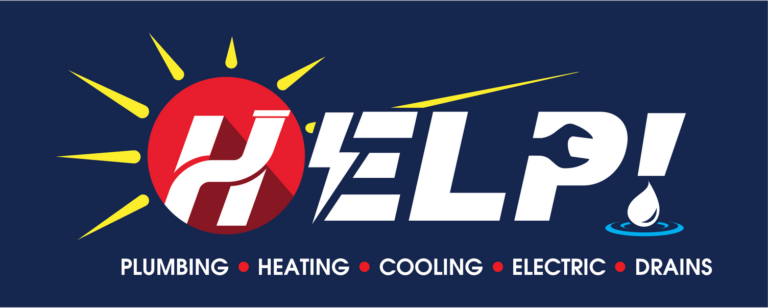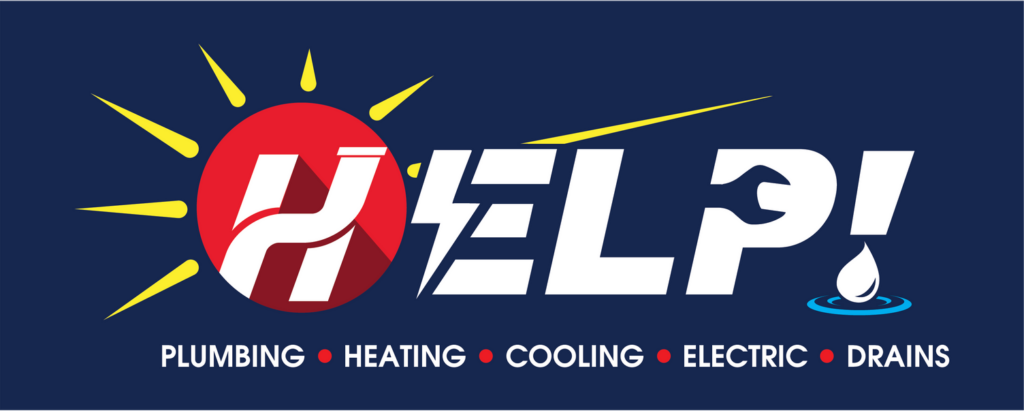
Helping the environment is good for you, your family, and mother earth. Every one of us can do our part to make the home healthier and more energy efficient.
If you’re looking for ways to go green and save green at home, there are plenty of things you can do. You already know about recycling and reusing shopping bags and water bottles, but there are many other ways to help the environment, save money, and improve quality of life at home.
Here are 12 easy things you can do at home to increase safety, health, and comfort while saving money and reducing greenhouse gas emissions:
Switch to LED bulbs
LED lights use around 80 to 90 percent less energy than traditional incandescent bulbs. They also last 10-25 times longer than traditional bulbs, generate 75 percent less heat, and are much better for the environment (DOE).
According to the Department of Energy, “Switching entirely to LED lights over the next two decades could save the U.S. $250 billion in energy costs, reduce electricity consumption for lighting by nearly 50 percent and avoid 1,800 million metric tons of carbon emissions.”
LED technology has improved a lot over the last 10 years. Looks and performance have been upgraded at the same time prices have dropped. You can now purchase LEDs that look indistinguishable from incandescents.
Replace your five most frequently used light fixtures with LED lightbulbs and you can help the environment while saving about $70 a year on energy bills. ENERGY STAR lighting provides bright, warm light; generates 75 percent less heat; uses about 75 percent less energy than standard lighting; and lasts from 10 to 50 times longer.
Use light controls to save energy
Dimmers, motion sensors, photosensors, and light timers are easy, affordable ways to save energy.
- A dimmer reduces the bulb’s lumen output, which uses less energy and extends the lifespan of the bulb. It also gives you a lot more control over your indoor lighting.
- Motion sensors turn on when they detect motion and turn off automatically. They are great for utility and security lighting.
- Photosensors turn on once the sun goes down, saving you energy and eliminating the need to remember to turn on and off your outdoor lights.
- Light timers allow you to schedule when your lights turn on and off.
Replace old appliances with energy-efficient ones
If your appliances are getting older, consider replacing them with high-efficiency models. Look for the Energy Star label when shopping for new appliances. Products earn the Energy Star label by meeting energy efficiency requirements set by the Environmental Protection Agency.
According to the U.S. Department of Energy, switching to Energy Star products “can reduce greenhouse gas emissions by about 130,000 pounds and save you $11,000 on energy bills” over their lifetimes.
Slay energy vampires
All of our plugged-in devices are constantly drawing power from the electrical system, even when not in use. Referred to as “energy vampires” and “phantom power,” these products can collectively waste hundreds of kilowatts a year.
Chargers, TVs, computers, and printers are some of the main culprits since they are often left plugged into outlets indefinitely. A good way to deter these products from wasting any more energy is to install smart power strips, which can monitor power consumption and automatically shut off power when items go into standby mode.
You can also make it a habit to unplug things when fully charged or not in use. Additionally, all power strips have an on/off switch that you can toggle to avoid standby energy loss.
Be smart about heating and cooling
Did you know that heating and air conditioning accounts for about half of your total energy bill? That’s more than $1,000 a year!
Luckily, there are easy ways to lower your energy consumption and drive down your HVAC costs:
- Schedule annual heating maintenance in the fall and annual cooling maintenance in the spring. Sign up for a home maintenance plan for automatically scheduled tune-ups and extra savings.
- Frequently change or replace your air filter. This alone can cut your HVAC energy consumption by 5-15 percent (DOE).
- Periodically clean the area around your indoor and outdoor units.
- Close blinds and drapes in the summer, open them in the winter.
- If your HVAC system is over 10 years old, consider replacement, which can reduce your heating and cooling bill by over $200 a year (EPA).
- A properly set programmable thermostat can save up to 10 percent on heating and cooling bills (DOE).
- Learn more tips for reducing your HVAC energy consumption.
Seal air leaks and add insulation
Seal and insulate your home to prevent conditioned air from escaping. Unfortunately, an insulated, airtight home can lead to serious indoor air quality problems, including carbon monoxide poisoning. When your home gets air-sealed to a certain point, you will need to install a mechanical ventilation system. New home construction follows a simple rule: “build tight and ventilate right.”
Speak with an HVAC professional before making any significant insulation improvements. They can tell you which insulation projects will be most effective and whether or not you have sufficient ventilation.
Find and fix water leaks
Ten percent of US homes have water leaks that waste more than 90 gallons of water per day! Many homeowners don’t even realize they have a leak.
Common household water leaks include toilets, faucets, showerheads, sprinklers, and garden hoses. Help conserve water and save about 10 percent on your water bill by finding and fixing household water leaks.
How can you detect water leaks at home? Make sure absolutely no water is running and then check your water meter, which is usually located in an underground box near the front curb.
If you have a leak, the leak detection dial will be spinning. If you don’t have a leak detection dial, write down the number you see. Don’t use any water at all for about two hours. Check the water meter again. If the number has gone up, you probably have a leak.
Conserve water
Conserving water also helps reduce greenhouse gas emissions by reducing the pumping, treating, and heating of water.
Here are some of the best ways to save water at home:
- Switch to low-flow fixtures and faucet aerators. Look for products bearing the WaterSense label.
- Only run washing machines and dishwashers when you have a full load.
- Use landscaping that requires little to no irrigation.
- Don’t let the water run while not in use.
- Install a tankless water heater.
- Save even more with these 100+ ways to conserve water.
Lower water heater temperature
If you have a traditional water heater, you can save energy and reduce the risk of scalding by lowering your water temperature from the standard 140 degrees Fahrenheit to a more manageable and efficient 120 degrees.
There should be a temperature dial on the water heater itself. Consult the owner’s manual for instructions. For each 10-degree drop, you can save an extra 3 to 6 percent on your water heating costs (EPA). You can save even more by insulating the hot water tank.
If your water heater is more than 10 years old, consider purchasing a new energy-efficient model.
Reduce, reuse, and recycle
- Use refillable cups and bottles. Many places, such as Starbucks, even offer a discount if you use a refillable container.
- Consider composting food and yard waste.
- Use only what you need. Take the Marie Kondo approach to simplifying your life — “Does it bring you joy?”
- Donate any items you don’t want anymore.
- If you have any doubts about throwing something out, check your local waste and recycling center for more information on proper disposal.
Reduce volatile organic compounds
Volatile organic compounds (VOCs) are gases that get emitted from various liquids and solids. They are bad for the environment and are known to cause a variety of health problems, including sensory irritation symptoms, headaches, respiratory problems, and even cancer.
Unfortunately, these organic chemicals are used in a wide array of common household products. VOCs are typically brought into the home from building materials, paints, varnishes, cleaning products, cosmetics, smoking, and indoor chemical reactions. Limiting or eliminating VOCs from your home should be the goal.
Here are some ways to can reduce exposure to volatile organic compounds:
- Look for VOC-free products.
- Make sure you have proper ventilation when using VOC products.
- Always follow the manufacturer’s instructions.
- Use VOC products outside if possible.
- Store products containing VOCs outside of the home, such as a garage or shed.
- Safely dispose of unneeded paints and other VOC products.
Learn more tips for improving your indoor air quality.
Schedule annual professional maintenance
Home service professionals recommend annual maintenance for your heating, cooling, plumbing, and draining system. This makes sure everything is safe and up to code, while also preventing emergency breakdowns, extending system lifespan, and maintaining high efficiency levels.
Your HVAC system will lose about 5 percent efficiency for every year it goes without professional maintenance. There are many benefits of annual professional maintenance.
Sign up for the HELP Club for free annual system tune-ups for your heating, cooling, plumbing, and draining systems — a $1000+ value for only $19.95 per month!
For more information regarding energy efficiency, indoor air quality, and home comfort, contact the experts at HELP Plumbing, Heating, Cooling and Drains. We’ve been providing world-class service to the Greater Cincinnati and Northern Kentucky area for over 80 years.


